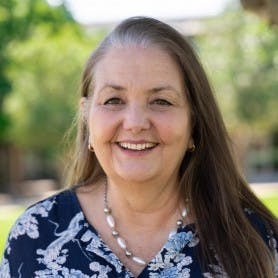The Hopkins Centre
About Us
The Hopkins Centre (THC) is leading translation research nationally in the field of rehabilitation and severe disability and is renowned for research methods that bring service users, clinicians and researchers together to develop practical solutions that promote measurable improvements for recovery and resilience.
Our Highlights
Specialising in 5 core populations (spinal cord injury, brain injury, musculoskeletal conditions and persistent pain, chronic health conditions and developmental conditions) our programs and research streams are as follows:
Evidence-based Practices and Community Supports
Program 1 examines the interventions and supports needed to maximise recovery and positive outcomes. This research builds on our TRaCE and Dignity Flagships, by concentrating on personalised rehabilitation pathways to improve individuals’ functioning and quality of life. By tracking individuals’ patterns of recovery over time, we have been able to identify those most at risk of poor outcomes.
Read more about Evidence-based Practice and Community Supports.
Enabling Technologies and Environments
Program 2 focuses on the places in which people live, the urban systems, designs and technologies that can facilitate better outcomes – and the ways in which people can remain at the centre of that experience. This program builds on extensive research from our Dignity and HabITec Flagships, as well as the Positive Environments Stream and Brain and Environment Enrichment Lab (BEEHive). This research focuses on embedding co-design processes to deliver fit-for-purpose solutions that increase people’s rehabilitation and ability to participate with dignity in the community.
Read more about Enabling Technologies and Environments.
Child Health, Learning and Disability
The CHLD Network program has a vision is that every child will have a healthy and happy start to school, including children with developmental vulnerability and complex needs. This project is a collaboration between The Hopkins Centre, Griffith University and community partners to help all children have a healthy and happy start to life. We work together through research, student practicums, and knowledge sharing to make the ‘biggest difference’ in the lives of children with developmental vulnerability and their families, focusing on southeast Queensland.
Read more about the CHLD Network Program.
Musculoskeletal health and rehabilitation
One in five people in Australia experience persistent pain. Musculoskeletal disorders (such as back pain, neck pain and osteoarthritis) are the leading contributor to disability worldwide. Program 4 focuses on musculoskeletal conditions and persistent pain, including SCI and interventions that have effects on the musculoskeletal system and may cause persistent pain.
Read more about the Musculoskeletal Health & Persistent Pain Research Group.





